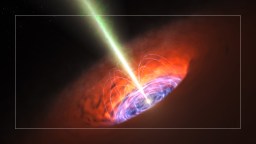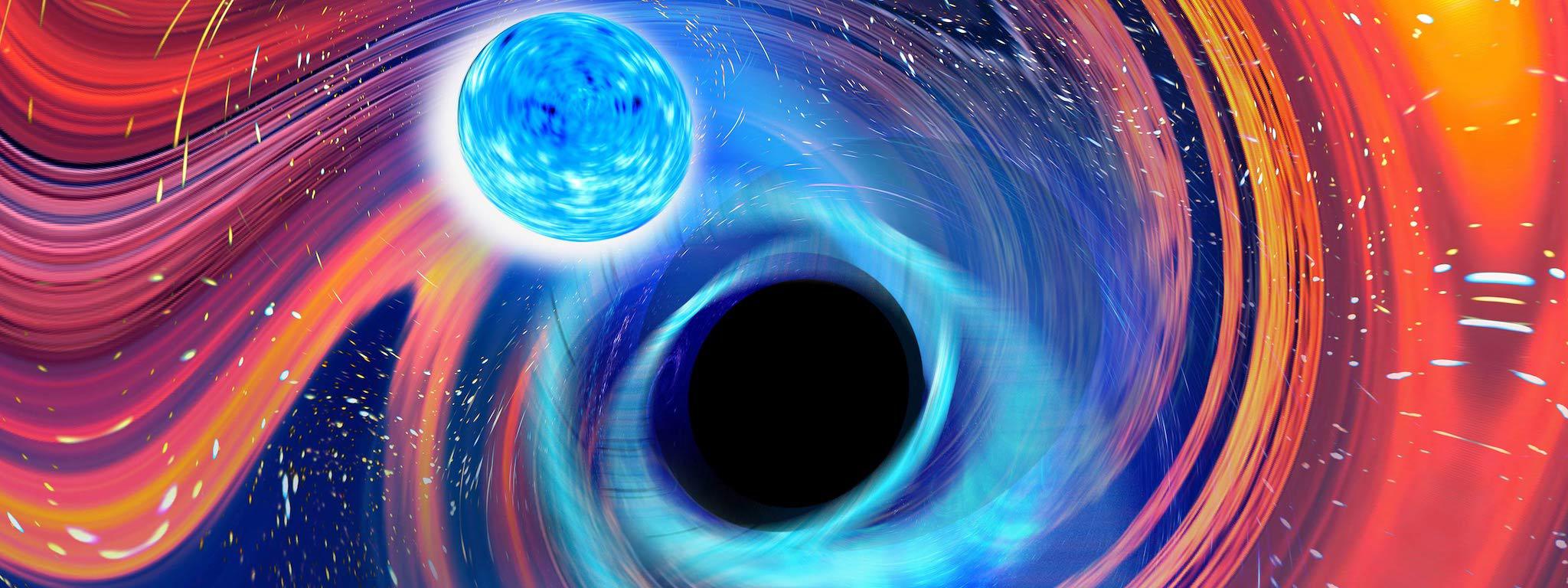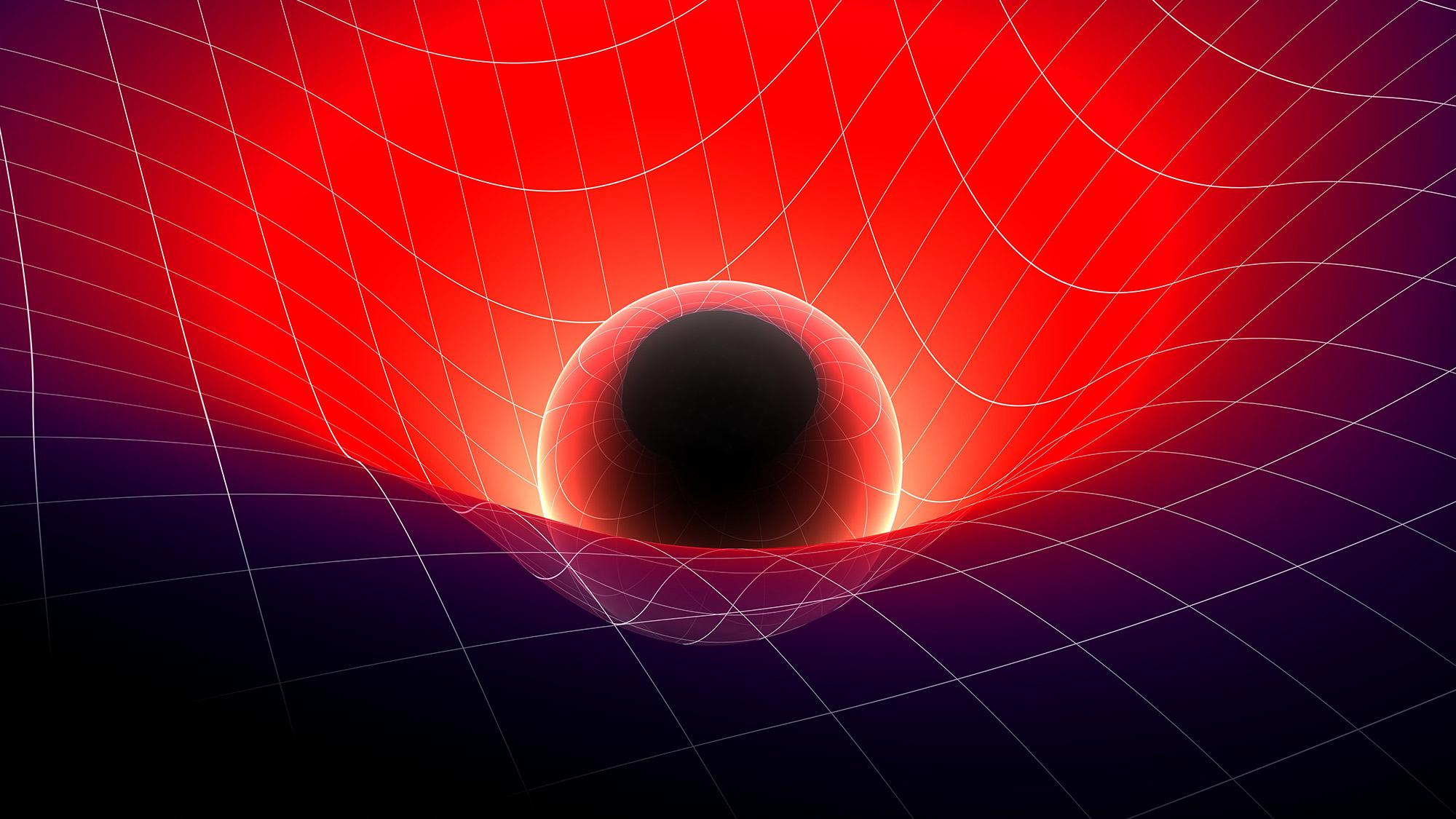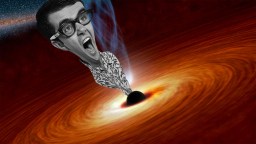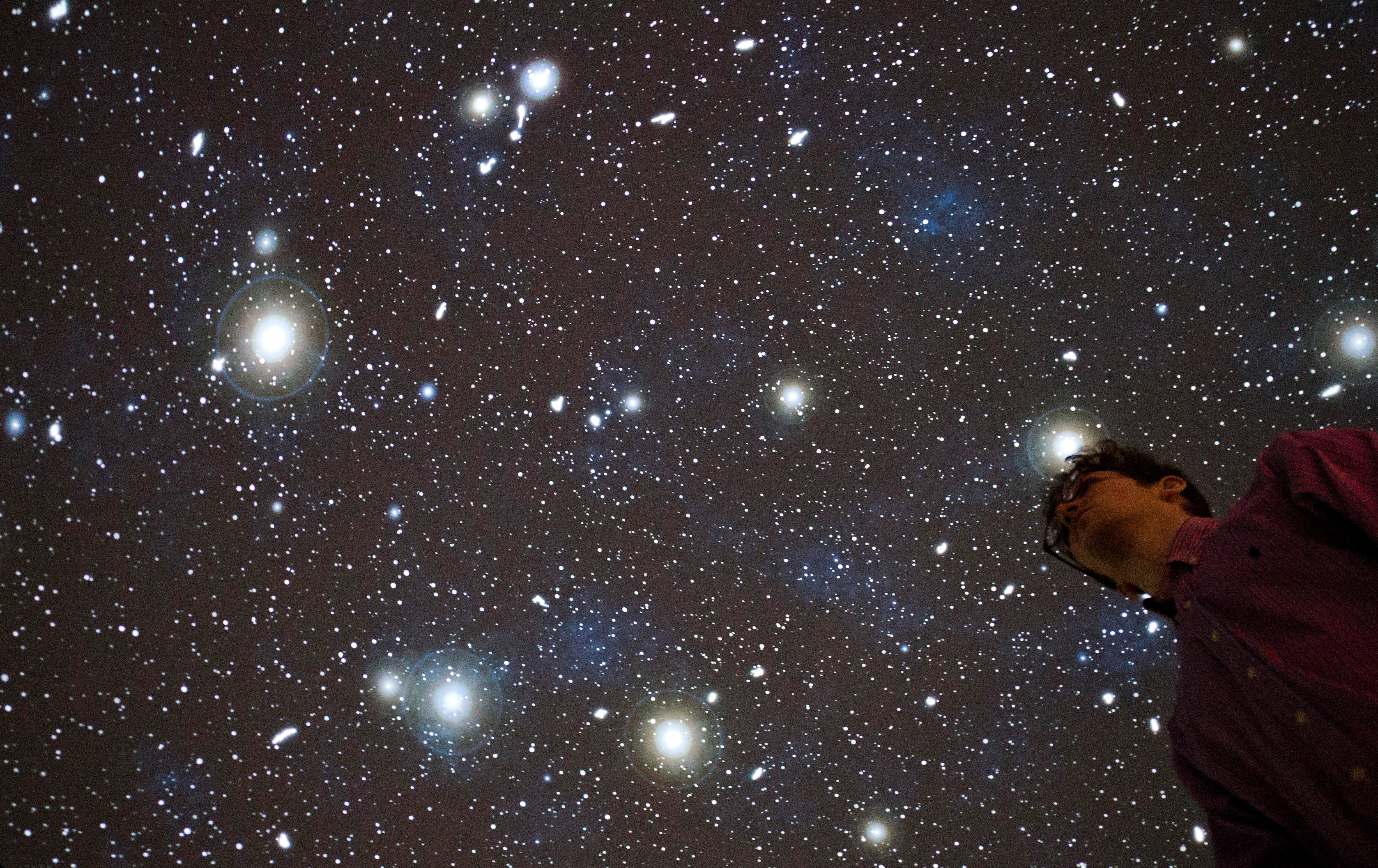black holes
Ever wonder what would happen if we got sucked into a black hole? Turns out we could live in it for a while — if it was big enough.
▸
9 min
—
with
The stars stood no chance against the more-massive black holes.
Albert Einstein and his theory of general relativity continue to amaze us to this day.
It’s the largest black hole merger ever observed by scientists.
Gravitational wave researchers observe black holes of different sizes colliding for the first time.
▸
with
Researchers find what causes the glow coming from the densest objects in our universe.
Getting to close to a black hole is a nightmare waiting to happen.
▸
3 min
—
with
Feel like traveling to another dimension? Better choose your black hole wisely.
Stephen Hawking was one of the greatest scientific and analytical minds of our time, says NASA’s Michelle Thaller.
▸
6 min
—
with
These scientists scooped up the Nobel by detecting a ripple in space-time.
They’re 3 billion light years away, but their collision can lead to answers to really big questions.
Get ready for a decade of scientific revelations. Thanks to gravity waves, we have a completely new way to explore the universe.
▸
5 min
—
with
Loop quantum gravity gets the ancient atomist back into the loop, showing how black holes might explode, and that the Big Bang might be a Big Bounce.
Each might be as heavy as an asteroid and as tiny as a decimal point.
